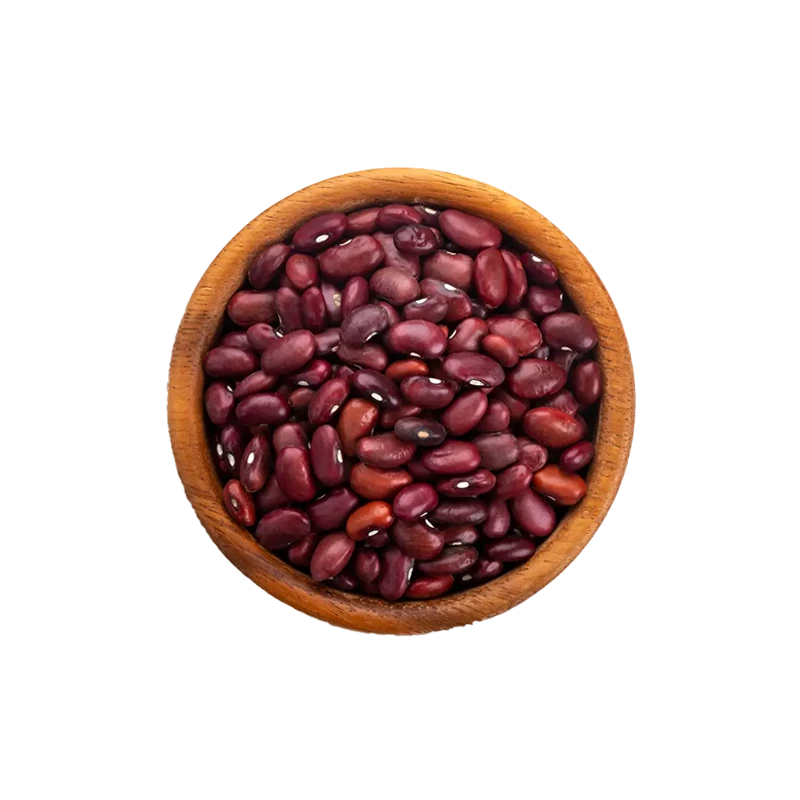Eggnog — Nutrients, Health Benefits, and Shopping Tips

Written by Listonic Team
Last update on September 5, 2024
Eggnog nutrients
Nutrition facts
Amount per 100 g
Calories
🔥 88 kcal
| Nutrients per: 100 g | Value | % Daily Value* |
|---|---|---|
| Carbs | 8 g | 2.91% |
| Fiber | 0 g | - |
| Sugars | 8 g | 16% |
| Glycemic Index | 60 | - |
| Protein | 5 g | 10% |
| Sodium | 70 mg | 3.04% |
| Total Fat | 5 | 6.41% |
*The % of Daily Value (DV) tells you how much a nutrient in a serving of food contributes to a daily diet. 2,000 calories a day is used for general nutrition advice.
8 g
⬇️ Low Carb Content
Eggnog facts & tips
Health benefits
- Rich in protein from eggs and milk, which supports muscle growth, repair, and overall body function.
- High in calcium, important for strong bones and teeth.
- Contains essential vitamins and minerals such as Vitamin A, Vitamin D, and phosphorus, which support overall health and well-being.
- Enhances enjoyment and satisfaction as a traditional holiday beverage, contributing to emotional well-being.
Health risks
- High fat content particularly in full-fat eggnog made with cream, which can raise cholesterol levels and increase the risk of heart disease when consumed frequently.
- High sugar content which can contribute to weight gain, tooth decay, and increased risk of diabetes when consumed frequently.
- High calorie content which can contribute to weight gain if consumed frequently or in large portions, particularly as a holiday treat.
- Potential for alcohol content in some eggnog recipes, which may pose risks for individuals avoiding alcohol or those sensitive to its effects.
- Risk of contamination with harmful bacteria such as Salmonella if eggnog is made with raw or undercooked eggs and not properly handled or stored.
How to choose eggnog
Traditionally rich and creamy, eggnog should have a smooth consistency without any lumps. The beverage should be well-blended, with spices evenly distributed throughout, offering a uniform taste and texture.
Avoid eggnog that has separated or appears curdled, as this indicates it is past its prime. Cartons that are bloated or leaking should also be avoided, as they suggest improper storage or potential spoilage.

How to store eggnog
Eggnog should be stored in the refrigerator, preferably in its original container. Refrigeration keeps it fresh and safe to drink for up to a week.
Leaving eggnog at room temperature can cause it to spoil quickly. Avoid using dirty utensils to pour, as this can introduce bacteria. Always shake well before serving to maintain consistency and flavor.
✅ Extra Tip
How long does it last?
Eggnog can last for 5-7 days in the refrigerator once opened. Unopened, it can last for 2-3 weeks in the refrigerator. Always check the expiration date on the packaging for the best quality. Proper storage helps maintain its creamy texture and flavor.
What to do with leftovers?
Leftover eggnog can be used in a variety of sweet and creamy dishes. Mix it into pancake or waffle batter for added richness and flavor, or use it as a base for a custard or pudding. Eggnog is also great when added to a smoothie with bananas, nutmeg, and ice.
Use eggnog in a bread pudding by soaking bread in the eggnog before baking, or mix it into a French toast batter for a festive breakfast. If you have a lot of eggnog, consider making a batch of eggnog ice cream by churning the eggnog with cream and sugar until frozen. Eggnog can also be blended into a holiday cocktail with rum or bourbon, or used as a filling for crepes or pastries. For a quick snack, enjoy eggnog on its own with a sprinkle of cinnamon or nutmeg, or serve it with a slice of cake or pie for a holiday treat.
👨⚕️️ Medical disclaimer
Discover products from other categories
Listonic Team
Fact-checked
Our editorial team checked this article to make sure it was accurate at the time of publishing it.
Get the top-rated shopping list app







